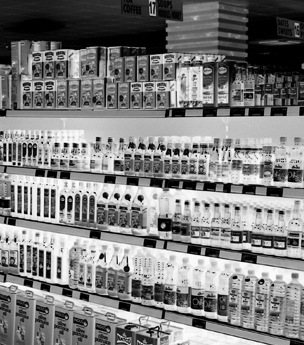State puts eyes on pricing
 A new commissioner in Queensland will be appointed to tackle supermarket price gouging.
A new commissioner in Queensland will be appointed to tackle supermarket price gouging.
The Queensland Government has announced the appointment of an interim Food Farmers Commissioner as part of a broader strategy to address rising supermarket prices.
The decision follows the acceptance of all recommendations from the Supermarket Pricing Select Committee, which was established to investigate the causes of increasing grocery costs and their impact on farmers and consumers.
Premier Steven Miles says the state is committed to tackling what he describes as unfair practices by major supermarkets.
Queenslanders have been “feeling the pinch at the supermarket checkout, paying more for fresh produce while farmers make less”, he said.
The inquiry found that farmers were also being squeezed at the farmgate, prompting the government's response.
The interim commissioner will serve a 12-month term and is tasked with helping producers navigate supplier arrangements with supermarkets.
The role is designed to enhance transparency within the supply chain and mediate disputes, although the commissioner will not have the authority to enforce penalties against supermarkets.
The inquiry, which included public hearings in Bundaberg, Cairns, and Brisbane, highlighted the power imbalance between major retailers and farmers.
Farmers expressed concerns about the tactics used by dominant retailers, which often left them powerless to speak out.
Farmers have cautiously welcomed the appointment but have expressed concerns about the effectiveness of the role without stronger enforcement powers.
The government also announced several additional measures, including the introduction of retail and farmgate price reporting, to increase transparency around the costs added by supermarkets.
Other initiatives include subsidised freight services to support regional supply chains, ongoing infrastructure projects, and a plan for the dairy industry in consultation with stakeholders.
The effectiveness of the Food Farmers' Commissioner role will likely depend on its ability to protect growers from the significant market power wielded by major retailers.








 Print
Print